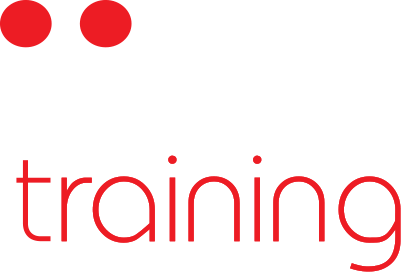At this time of year many "lists" are being prepared. And, one of the recurring lists we see in the technology world is the "worst password list". User password control is often the very first level of access to computer system resources and sometimes we just don't take enough care with making them that little bit harder to foil the ardent hacker. There is the ever-present threat of unauthorised access to computer networks (refer to Dec 10, 2012, media reports on the Gold Coast Miami Medical Centre being held to ransom by hackers who gained access to patient records) access to computer resources is made is easier by simple passwords. Have a look at the worst 25 passwords of 2012, published by SplashData, who compiled the list from the millions of online postings of stolen passwords. We all know we should use longer passwords with special characters, capitalisation variation, include numbers, but then that just makes it a little bit harder to remember doesn't it! But, make yourself a pre-New Years resolution....I will change my password, I will make it more complex, I will, I will..... SplashData - 25 Worst Passwords of 2012.
Some of the entries on the list include (and I bet you've already scanned ahead or already guessed): password, 123456, iloveyou, letmein, master.


